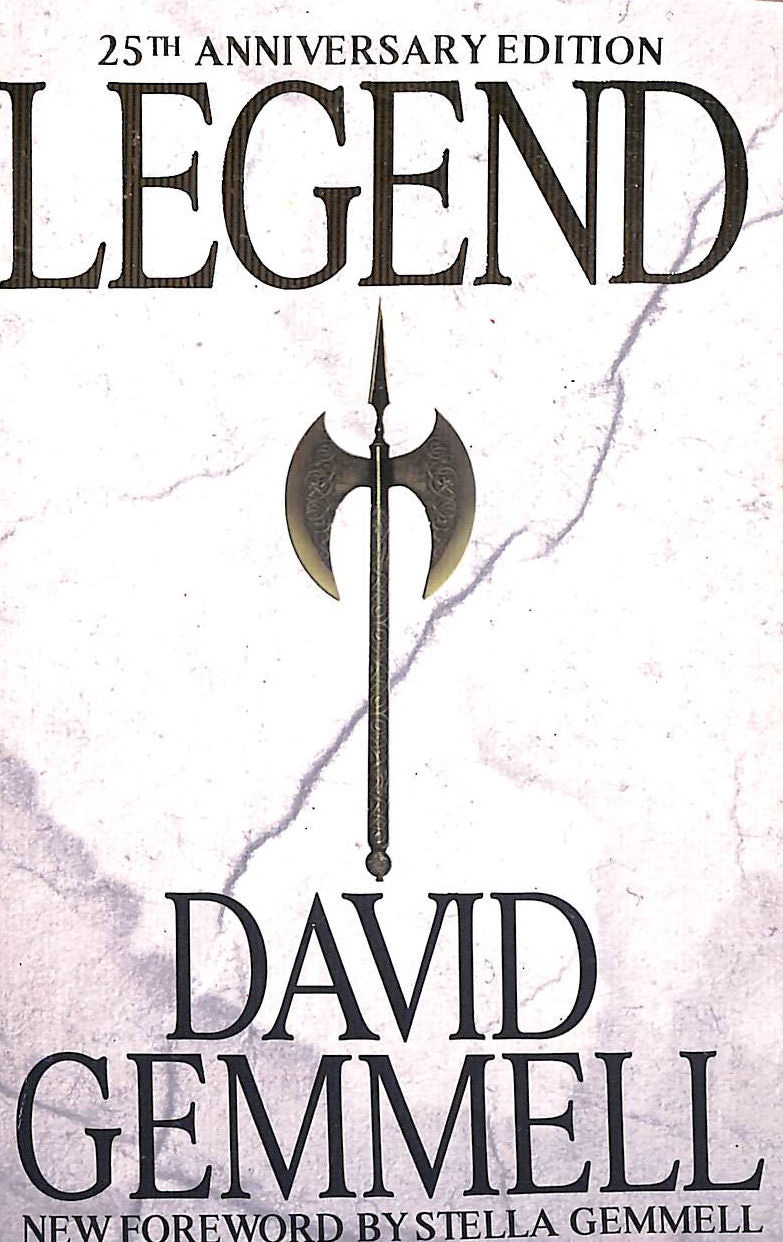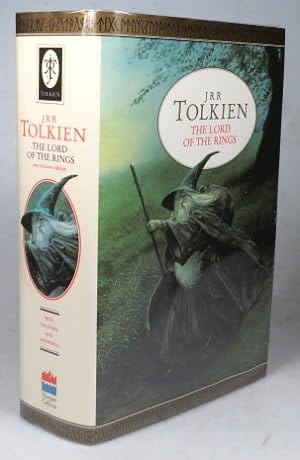Moving Beyond Politicized Fiction With David Gemmell's Legend
On the joy of reading fantasy not besmirched by politics
I've recently been reading the David Gemmell fantasy novel Legend, the first in his Drenai Series first published in 1984. Reading Legend reflects my somewhat schizophrenic reading habits that veer between the highly political, studies of power, and my personal quest to explore entirely apolitical writing and fiction as an antidote. Fiction as an antidote to politics seems, on the face of it, common sense and obvious, yet this is not exactly true. The mainstream culture has certainly been thoroughly captured by ''woke'' and we as normal people like to think that we're above that, but are we really?
On my social media timeline, I see daily all manner of references to Tolkien and Lord of the Rings, Dune, or Warhammer. Tolkien's works in particular are approached with reverence that borders on the religious, and no piece of obscure lore or plot device escapes amplification and exaggeration. No historical analogy is unexplored and no moral conundrum is left unevaluated. The issue is not Tolkien, of course, it is us and our own layers of identity and political baggage that we transpose onto the works of others, whether they desire it or not. In the desolation of the 21st cultural landscape, the Right Wing has frantically scampered around the wasteland and gathered up what matters most and psychology laid claim to it as their own. Again, this is not inherently wrong, but it does have the paradoxical effect of hollowing out and desacralizing the very forms that are being held to such high praise and devotion.
In the 90s when I read Lord of the Rings, there was either the book itself or the ill-fated Ralph Bakshi cartoon. Visually, almost everyone’s exposure to Lord of the Rings would consist of an Alan Lee illustration.
The book(s) contained an aura of mystery and darkness, that the relatively high bar to entry compounded. The era of the YouTube video deep-dive in particular has been one in which all secrets will be revealed and churned for a mass audience. A sacred lake visualised on a digital screen detailing every rock, crevice, and crab in high definition dispelling any doubt as to what dwells within. What has now become ‘‘content’’ is more readily digestible and processed and swiftly becomes a political MacGuffin to be imprinted with narratives and ‘‘takes’’ on current issues. People have pushed back on this opinion of mine before by pointing out that, via Hollywood and the internet, more people than ever before have easy access to the morality and heroic ethos contained within. Yet, this is merely a defense of transforming what was once a personal experience into a political dogma for the masses.
In postmodernity, fantasy as a form has taken on a weird pseudo-religiosity. The Right of the political spectrum delves into Warhammer 40k lore, Tolkien, and the politics of Star Wars while the left gravitates toward Marvel and (not so much now) Harry Potter. The ceaseless politicization of everything has resulted in something as benign as simply reading a good yarn becoming an act of ideological compliance and reaffirmation. I readily concede that I have played a minor role in this process. After all, I’ve been known as ‘‘Morgoth’s Review’’ for ten years online now. Yet, in 2014 most obscure fiction was still regarded as a ‘‘nerd’’ space that was not inherently political, indeed, I chose my online handle specifically to be seen as apolitical.
Keep reading with a 7-day free trial
Subscribe to Morgoth’s Review to keep reading this post and get 7 days of free access to the full post archives.




